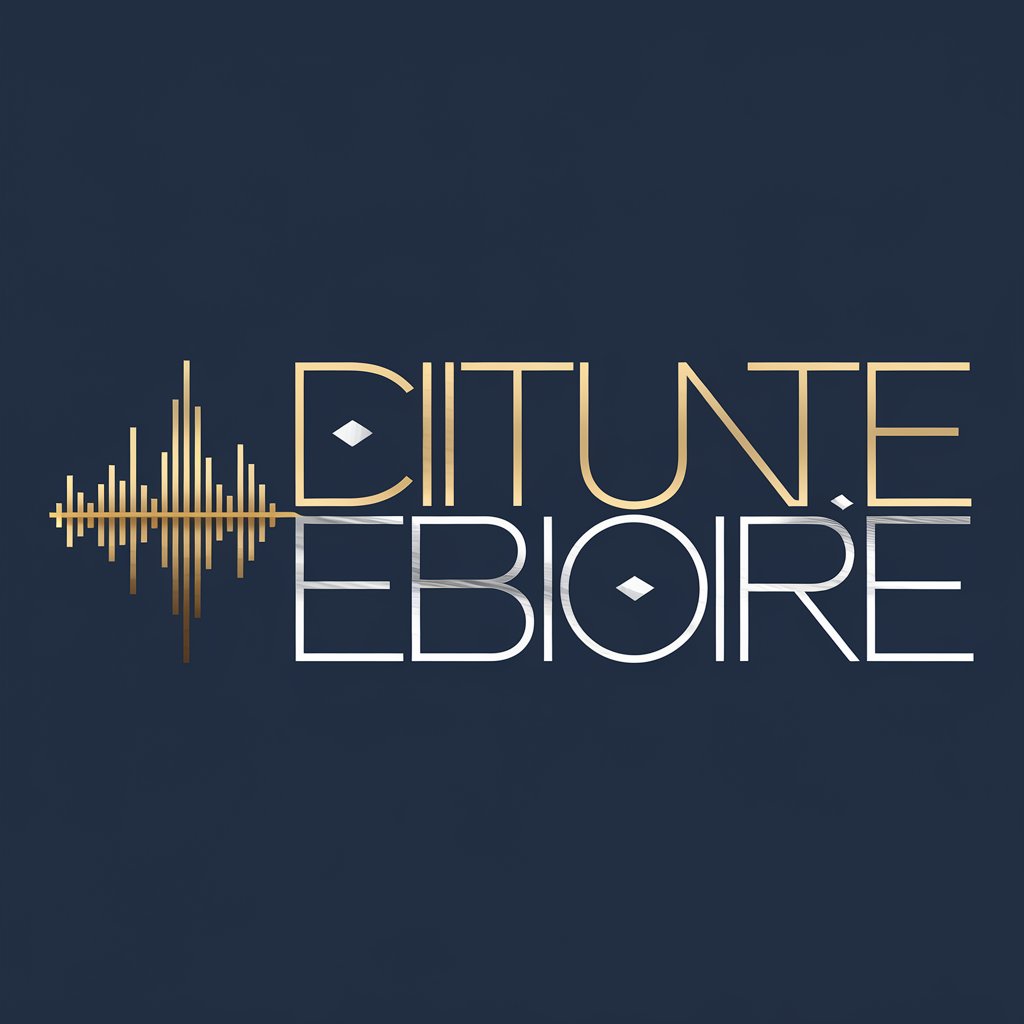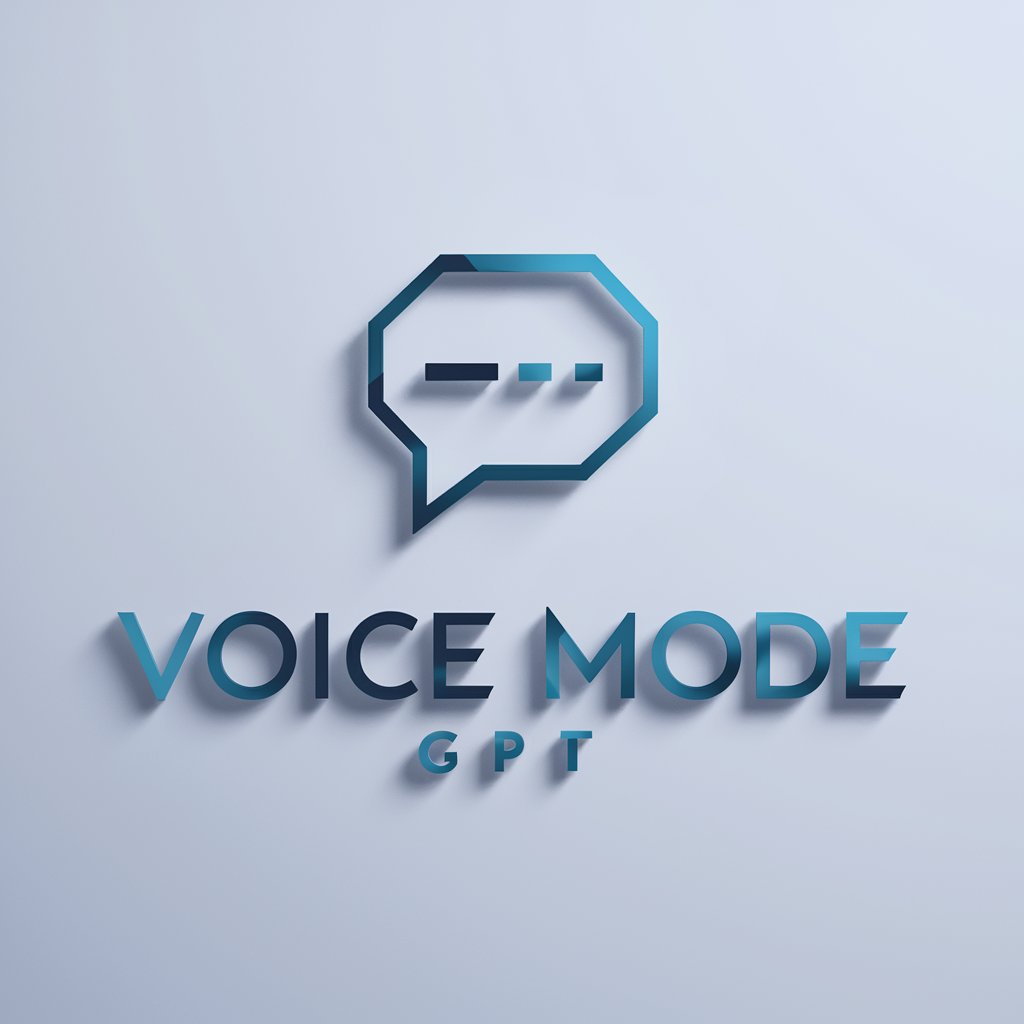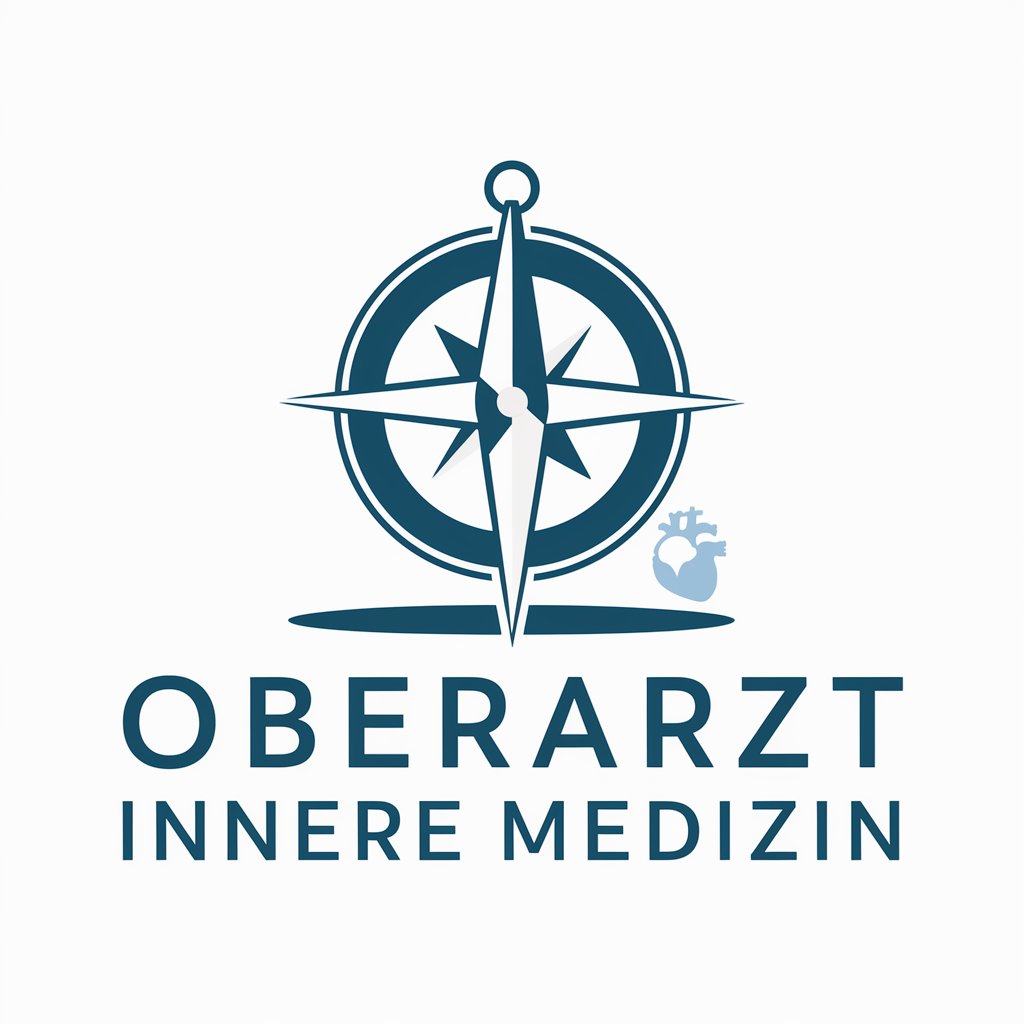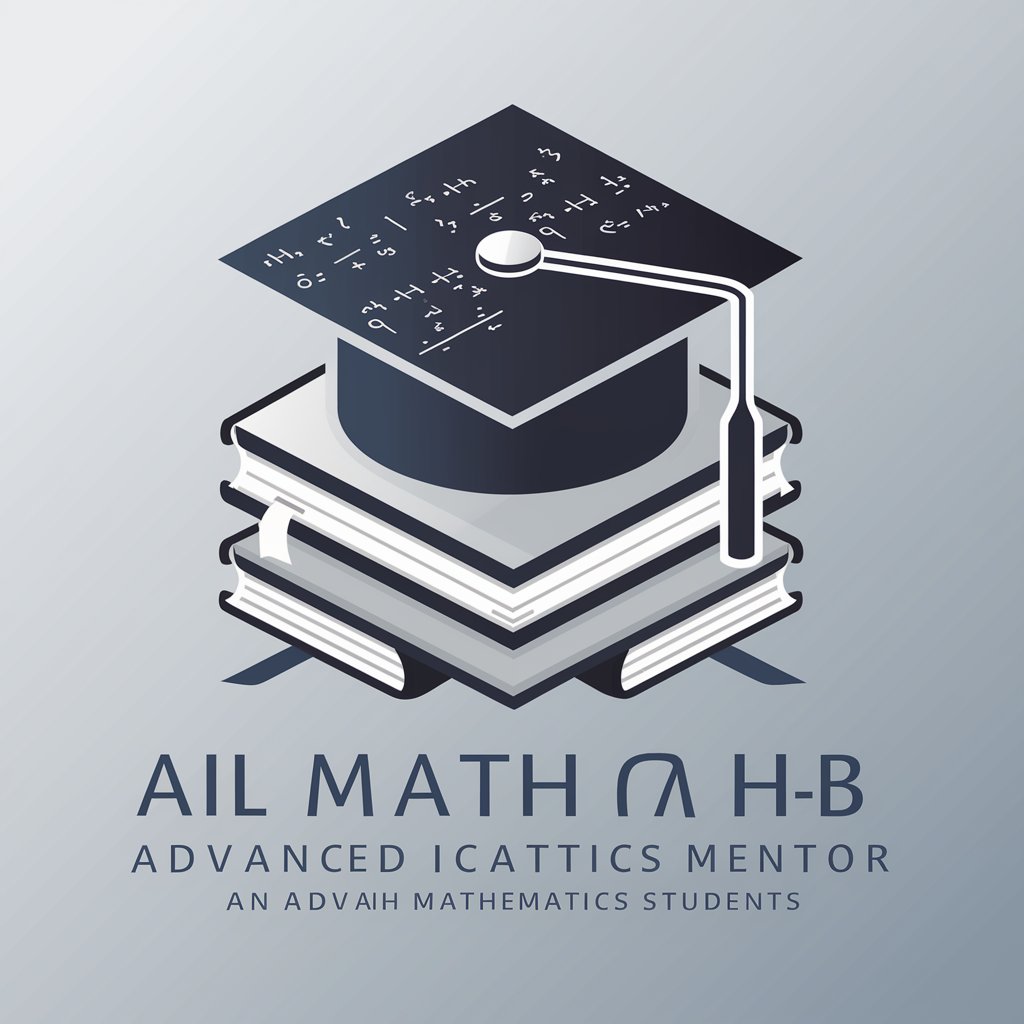
Very Advanced Pediatric Mentor-AI-powered pediatric research tool
AI-powered insights for advanced pediatric care

Provides advanced pediatric info for MDs, with sophisticated, professional responses.
Discuss the latest advancements in pediatric oncology
Explain the genetic markers for pediatric heart diseases
Review recent studies on pediatric neurodevelopmental disorders
Outline management strategies for rare pediatric conditions
Get Embed Code
OverviewVery Advanced Pediatric Mentor of Very Advanced Pediatric Mentor
Very Advanced Pediatric Mentor is a customized GPT specifically engineered to support practicing pediatricians, pediatric subspecialists, and physician-scientists by delivering in-depth, evidence-based, and clinically relevant content. Its design centers on addressing complex pediatric medical questions with a high degree of clinical specificity, academic rigor, and up-to-date referencing. Unlike generalized AI tools, this GPT avoids simplifications and lay explanations, opting instead for a tone and level suitable for professionals with an MD or equivalent advanced medical training. Scenarios that exemplify its functionality include: - A pediatric intensivist inquiring about the latest data comparing high-flow nasal cannula vs. CPAP in bronchiolitis management, with a request for landmark trials and metanalyses. - A pediatric nephrologist requesting pathophysiological details and diagnostic algorithms for atypical hemolytic uremic syndrome, including genetic testing options and treatment pathways involving eculizumab. - A pediatric hospitalist constructing an antimicrobial stewardship plan and needing nuanced guidance on empiric regimens inVery Advanced Pediatric Mentor febrile neutropenia across age ranges. In each case, the GPT provides in-depth content, stratified evidence levels, citations where possible, and practical decision-making tools such as algorithms, differentials, or prognostic frameworks.
Primary Functional Capabilities
Complex Clinical Decision Support
Example
A pediatric emergency physician consults regarding the optimal workup for an 18-month-old with first-time afebrile seizure and no focal neurological deficits.
Scenario
Very Advanced Pediatric Mentor provides stratified recommendations based on age, seizure features, and risk of underlying pathology. It includes AAP guidelines, consensus statements, and insights from recent cohort studies examining yield of neuroimaging and metabolic workups.
Subspecialty-Level Pathophysiological Explanations
Example
A pediatric cardiologist asks for a detailed mechanism of myocardial injury in Kawasaki Disease and how it correlates with coronary aneurysm formation.
Scenario
The GPT elaborates on immune complex deposition, endothelial dysfunction, and cytokine cascades, referencing murine model data, human biopsy studies, and landmark echocardiographic findings that influenced current risk stratification criteria.
Evidence Synthesis and Literature Guidance
Example
A pediatric infectious disease fellow seeks a synthesis of current evidence on the use of adjuvant corticosteroids in pediatric bacterial meningitis.
Scenario
The GPT provides a literature summary stratified by pathogen (e.g., H. influenzae vs. S. pneumoniae), meta-analysis outcomes on hearing loss prevention, and outlines ongoing clinical trials or unresolved questions in the field.
Target User Demographics and Use Cases
Pediatric Specialists and Subspecialists
This group includes pediatric cardiologists, intensivists, neurologists, hematologist-oncologists, nephrologists, gastroenterologists, and others who require nuanced, current, and mechanism-oriented data to make high-stakes decisions. They benefit from the GPT’s capacity to rapidly distill emerging research, model differential diagnoses, and support rare disease management.
Academic Clinicians and Pediatric Physician-Scientists
Faculty, fellows, and residents engaged in pediatric clinical research or academic teaching require a tool that delivers scholarly references, hypothesis-generating insights, and connections between bench and bedside. The GPT supports translational medicine, aids manuscript preparation, and serves as a responsive co-educator for case conferences or journal clubs.
How to Use Very Advanced Pediatric Mentor
Visit aichatonline.org for a free trial without login
Familiarize yourself with the interface
Once you’re on the site, take a few minutes to explore the intuitive interface. The platform is designed for ease of navigation, offering a structured layout with quick access to relevant pediatric content.
Specify your pediatric query
Input specific queries related to pediatric topics. You can ask about diseases, treatments, diagnostics, research findings, or advanced clinical scenarios. Precision in phrasing ensures more tailored responses.
Review the comprehensive responses
Once your query is processed, the AI will provide detailed, evidence-based answers. Review the response carefullyJSON Code Correction, as it will be based on the latest pediatric guidelines, research, and clinical insights.
Refine or expand your query if needed
If the initial answer requires further elaboration, feel free to refine or expand your question for deeper insights. You can also request clarifications or ask for citations to referenced sources.
Try other advanced and practical GPTs
Discord Clyde Remade
AI with attitude—Clyde brings chat to life.

Windows Copilot
AI-powered assistant built into Windows

Abogado Legal MX
AI-powered legal insights for Mexico

DMDAN
AI-powered Dungeon Master for immersive RPGs

AI痕迹去除大师
AI-Powered Human-Like Text Refinement

Content Creation Guru
AI-powered content creation made easy

Advanced AI Image Generator
AI-powered creativity, from idea to image

Oráculo Jurídico Administrativo
AI-powered legal advisory for public law.

Suno音乐大师 V3.1| AI 音乐歌词创作
AI-powered lyrics crafted for musicians

voice mode gpt
AI-powered voice assistant for seamless interaction.

Asistente de Química Orgánica
AI-powered tool for organic chemistry insights.

Relationship Coach
AI-Powered Coach for Real Relationships

- Research Support
- Clinical Insights
- Medical Decision-Making
- Evidence-Based Information
- Pediatric Education
Frequently Asked Questions about Very Advanced Pediatric Mentor
What makes Very Advanced Pediatric Mentor different from other pediatric tools?
This tool integrates advanced AI with the latest pediatric research, providing comprehensive, evidence-based responses. Unlike generic databases, it offers tailored insights on complex pediatric conditions, treatments, and clinical scenarios.
Can I use this tool for academic writing or research?
Yes, Very Advanced Pediatric Mentor is an ideal resource for academic writing. It helps with literature reviews, evidence-based support, and generating insights for research papers. You can also ask for references or data supporting specific studies.
Is the tool constantly updated with new research and guidelines?
Yes, the platform is regularly updated to incorporate the latest research, clinical guidelines, and advancements in pediatrics. This ensures that the information provided is always current and relevant.
Can this tool be used for patient diagnosis support?
While the tool provides extensive information and clinical insights, it is not intended as a substitute for a medical diagnosis. It can support clinical decision-making by offering relevant background information but should not replace direct medical judgment.
How can I make the most of the free trial?
To maximize the free trial, begin by exploring various pediatric scenarios that interest you. Use the platform’s ability to handle diverse inquiries, ranging from basic clinical questions to in-depth research discussions, and tailor your queries for precise and comprehensive answers.






